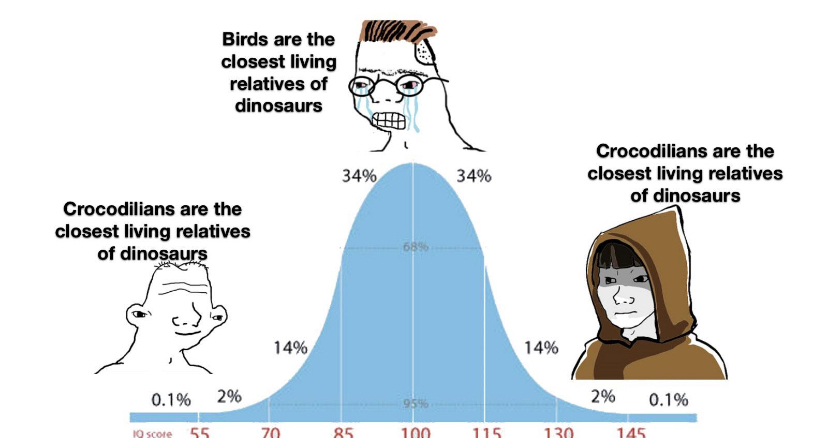ELI12 TLDR: Decent accuracy was found ~80% when using these to differentiate between people with Long COVID versus people who had recovered. People with Long COVID tend to have high Artemin which is linked to nerve cell communication problems and the elevated levels found may provide a clue into the cognitive problems many of these patients have. High Galectin-9 levels (which were also found here) are often associated with immune issues such as overactivation, which seems to fit well with all the immune abnormalities we see in these patients.
Abstract:
This study aimed to assess plasma galectin-9 (Gal-9) and artemin (ARTN) concentrations as potential biomarkers to differentiate individuals with Long COVID (LC) patients with myalgic encephalomyelitis/chronic fatigue syndrome (ME/CFS) from SARS-CoV-2 recovered (R) and healthy controls (HCs). Receiver operating characteristic (ROC) curve analysis determined a cut-off value of plasma Gal-9 and ARTN to differentiate LC patients from the R group and HCs in two independent cohorts. Positive correlations were observed between elevated plasma Gal-9 levels and inflammatory markers (e.g. SAA and IP-10), as well as sCD14 and I-FABP in LC patients. Gal-9 also exhibited a positive correlation with cognitive failure scores, suggesting its potential role in cognitive impairment in LC patients with ME/CFS. This study highlights plasma Gal-9 and/or ARTN as sensitive screening biomarkers for discriminating LC patients from controls. Notably, the elevation of LPS-binding protein in LC patients, as has been observed in HIV infected individuals, suggests microbial translocation. However, despite elevated Gal-9, we found a significant decline in ARTN levels in the plasma of people living with HIV (PLWH). Our study provides a novel and important role for Gal-9/ARTN in LC pathogenesis.






Damn I can’t find the original gif from the movie. Here’s a low quality edit I could find.